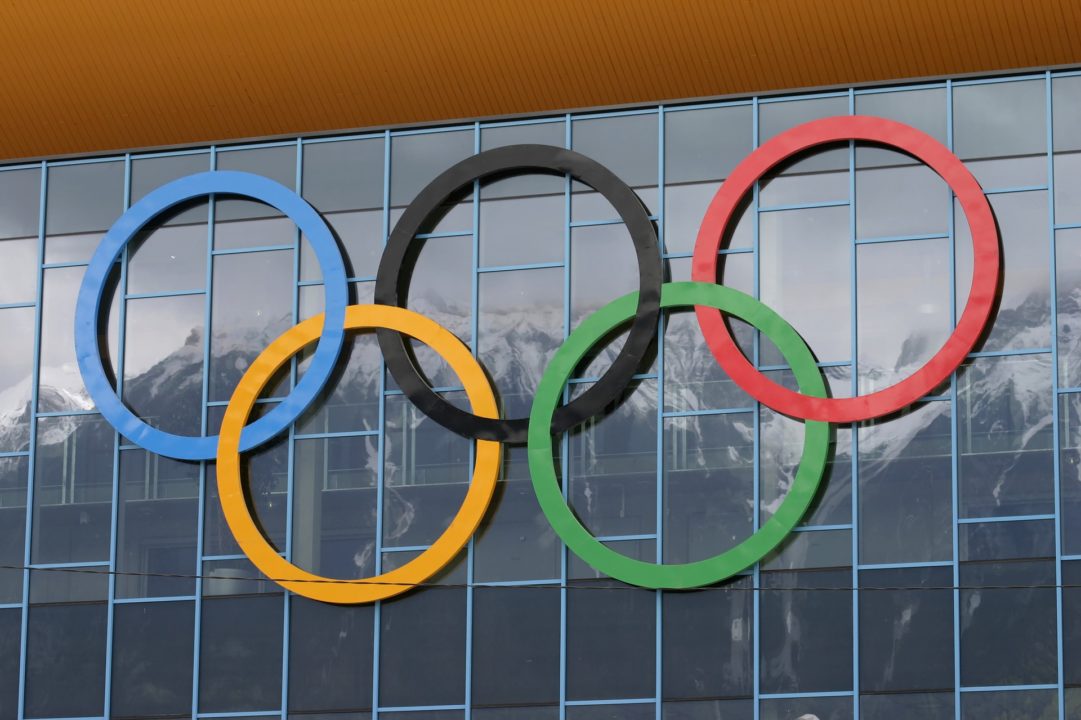A recent scientific study has found that circadian variation has a clear effect on the performance of Olympic swimmers.
The study analyzed data from the swimming competitions at the last four summer Olympic Games – 2004, 2008, 2012 and 2016. Using data from heats, semi-finals and finals, the study focused solely on athletes who advanced to the final in order to try and determine how big of a difference time-of-day had on performance.
Nine different events (male and female) were used in the study — the 100 and 200 of each individual stroke, and the 50 freestyle — for a total of 72 female and 72 male subjects (with overlap based on the same swimmer qualifying for multiple finals).
Swimming was selected for the study due to it requiring “minimal aiding materials that could induce variation within and between athletes”.
The model predicted that swim performance would be at its worst in the early morning (around 5 am), and at its best in the late afternoon (around 5 pm).
As any swim fan could’ve predicted, times were at their fastest in finals — heats were 0.5% slower than semi-finals, which were 0.2% slower than finals — but the data also showed that physical performance “was significantly affected by time-of-day”.
What made it possible to illustrate this point was the fact that the 2008 Olympics in Beijing featured finals in the morning, while the other three Games all had the traditional setup – heats in the morning, finals in the evening.
“This scheduling difference is an interesting opportunity to disentangle motivation (faster swim times in the finals) from possible time-of-day effects,” the study says. “In fact, if time-of-day did not play a role, one would expect the same percentage difference in swim times between heats and finals in Beijing as in Athens and London.”
The difference between heats and semis/finals in Beijing was 0.60%, compared to 0.99% in Athens and 0.93% in London.
The study concludes that swimming performance was significantly affected by time of day, and that optimal performance was determined to be in the late afternoon.
It found that 40% of the time, the time-of-day effect was greater than the difference between winning gold and silver, 64% of the time it was larger than the difference between winning silver and bronze, and 61% of the time it was greater than the difference between winning bronze and placing fourth.
Only athletes qualifying for the final in their respective events were studied, “which may have induced a bias to more successful athletes”. Furthermore, the study includes that “athletes that suffer from time-of-day effects might have been excluded because they did not reach the finals, resulting in an underestimation of the time-of-day effect”.
Another interesting note is that there was 9 hours between sessions in Athens and London, and 13.5 in Beijing. But since the differences in performance between prelims and finals were smallest in Beijing, it tells us that the time-of-day effects counteracted the beneficial effects of longer recovery time, including a night’s sleep.
Other factors the study notes that would make an impact but could not be properly accounted for include the athlete’s internal clock (chronotype), CBT/muscle temperature levels, and sleep quality.
Source
- Lok, R., Zerbini, G., Gordijn, M.C.M. et al. Gold, silver or bronze: circadian variation strongly affects performance in Olympic athletes. Sci Rep 10, 16088 (2020). https://doi.org/10.1038/s41598-020-72573-8

Even though best performances may occur in the late afternoon, there is some benefit to a morning session at the pool.
https://www.yourswimlog.com/morning-swim/
Hate NBC for changing the format for Tokyo.